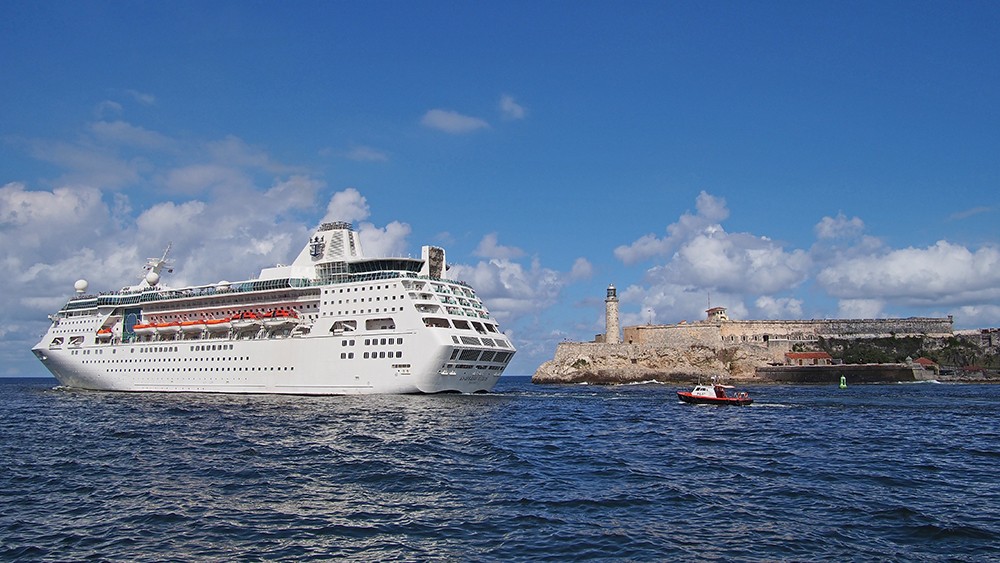The most popular ways for groups to visit Cuba—via people-to-people educational tours and cruise ships—have been restricted by the Trump Administration.
The State Department announced it will ban U.S. cruise ship travel to the island, in addition to other recreation vessels like yachts and private and corporate aircraft, effective Wednesday, June 5, 2019.
With the banning of cruise ships, the most popular way for Americans to travel to Cuba is no longer possible—the AP reports that cruises brought 142,721 people to the island in the first four months of 2019, a more than 300 percent increase over the same period the previous year.
Coupled with the additional restrictions on educational tours, group travel to Cuba is effectively eliminated.
Planners and organizations were just starting to explore bringing meetings to Cuba after the Obama Administration’s lift on travel restrictions to the island. Association and incentive groups were expected to help open the door for a broader range of travelers from the U.S.
Now, it’s no longer an option.
The U.S. Department of Treasury said in a statement that there will be a “grandfather provision” for people-to-people tours, allowing those who have already paid for travel tours prior to June 5, 2019, to proceed with their trips.
How the new restrictions affect groups booked on cruises with stops in Cuba isn’t as clear.
On June 5, 2019, Roger Frizzell, chief communications officer for Carnival Corporation, released a response to the ban:
“Carnival Corporation confirmed today that due to changes in U.S. policy, the company will no longer be permitted to sail to Cuba effective immediately,” Frizzell said.
“Currently, Carnival Corporation is sailing to Cuba on Carnival Cruise Line and Holland America Line, and Seabourn has been scheduled to begin sailing in November 2019 to Cuba,” he added. “Additional details for currently booked cruises will be provided by the cruise lines.”
Similarly, Royal Caribbean tweeted it is “analyzing the details to understand the impact on our itineraries” and “adjusting the 6/5 and 6/6 sailing itineraries, which will no longer stop in Cuba.”
Those Who Already Booked Cuba Travel Face Uncertainty
Meetings Today Chief Content Officer Christoph Trappe and his family are impacted by this. He booked and mostly paid for cruise on the schedule for spring break 2020 with his family.
“We were excited and I wonder what this will mean for the trip,” he said.
“I assume they’ll just update the cruise route maybe? Either way, we were looking forward to visiting Cuba as a family,” Trappe added. “With non-refundable flights we certainly want to still do a somewhat close trip to what was originally planned.”
[From the Archives: As the Embargo Thaws, Is Cuba Ready for Meetings?]
In a statement dated June 4, 2019, Treasury Secretary Steve Mnuchin said the restrictions have been put in place because Cuba plays “a destabilizing role in the Western Hemisphere, providing a communist foothold in the region.”
He added that the U.S. government holds Cuba responsible for “propping up U.S. adversaries in places like Venezuela and Nicaragua by fomenting instability, undermining the rule of law, and suppressing democratic processes.”
[Read This Next: Protect Your Meeting From Destination Boycotts]







